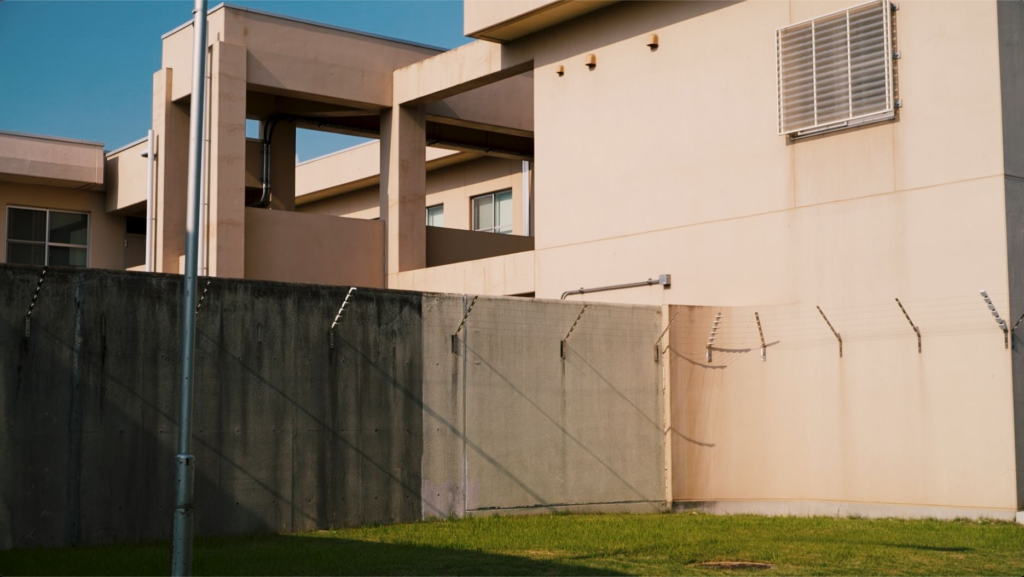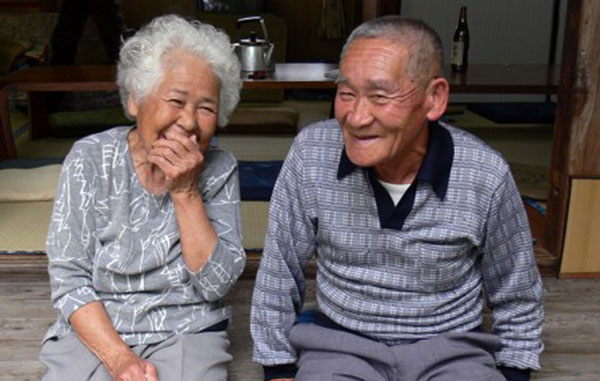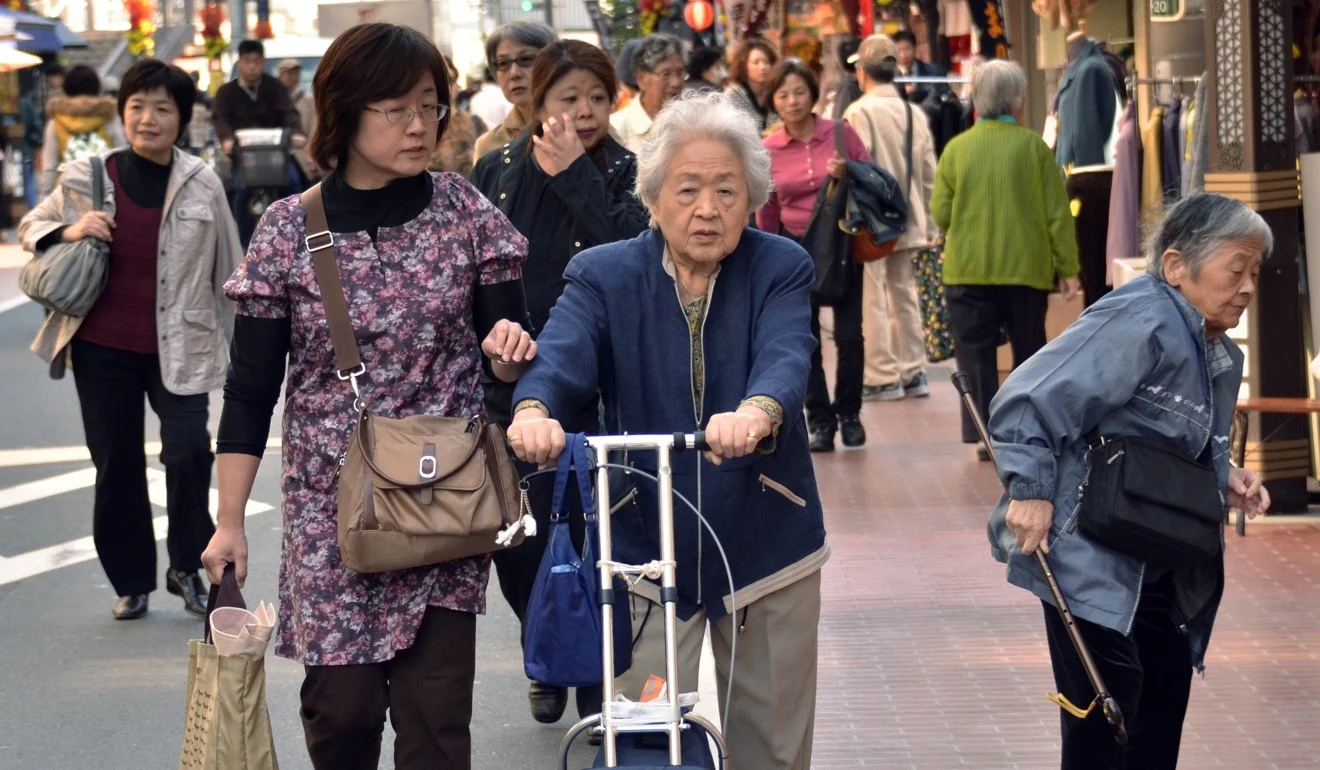Japan’s aging population faces a unique and concerning challenge that has led elderly women to willingly choose life behind bars. At the heart of this peculiar phenomenon lies Tochigi Prison, Japan’s largest women’s correctional facility, where a significant proportion of inmates are women aged 65 and older.
These women are drawn to prison life not by criminal intent but by the promise of companionship, stability, and basic necessities that their lives outside prison cannot provide.
The Loneliness Epidemic and Its Role in Reoffending
Loneliness has become a silent epidemic among Japan’s aging population. Many elderly women face isolation due to the breakdown of traditional family structures, financial instability, or the loss of loved ones. This deep loneliness drives some to seek the company of fellow inmates and the structured environment that prison offers.
In Tochigi Prison, pastel-pink walls surround a community of elderly women who share meals, participate in activities, and receive care they could never afford outside. For many, this companionship is priceless. “There are very good people in this prison. Perhaps this life is the most stable for me,” said Akiyo, an 81-year-old inmate serving her second sentence.
For women like Akiyo, the alternative to prison is a solitary and bleak existence. Japan’s social safety nets often fail to adequately support the elderly, leaving them with meager pensions and limited access to affordable healthcare.
Read : Toyota Builds a Futuristic Living Laboratory ‘Woven City’ in Japan
These conditions make prison an attractive option for those seeking a sense of belonging and security, even at the cost of their freedom.
Poverty: The Invisible Force Behind Crimes
Japan, despite being one of the world’s wealthiest nations, has a startling rate of elderly poverty. According to the Organisation for Economic Co-operation and Development (OECD), 20% of people aged 65 and above in Japan live in poverty.
This figure far surpasses the average of 14.2% across OECD member countries. For elderly women, who often outlive their spouses and lack sufficient retirement savings, this situation is even more dire.
Read : 70-Year-Old Flamingo Said to Be “Unlucky in Love” Lays First Egg in the US
The government’s data reveals that over 80% of elderly female inmates in Japan were jailed for shoplifting in 2022. These petty crimes are rarely acts of rebellion but rather desperate attempts to survive.

Akiyo, for example, stole food to fill her empty stomach when her small pension could no longer sustain her. She openly admitted that financial struggles and a sense of hopelessness led her down this path.
Some women even reoffend intentionally, knowing that life inside prison guarantees shelter, food, and medical care—basic needs that are often out of reach for them on the outside.
“There are people who come here because it’s cold, or because they’re hungry,” said prison official Takayoshi Shiranaga. This stark reality underscores the growing desperation among Japan’s elderly population.
A System That Highlights Social Failures
Tochigi Prison’s unique situation highlights deep systemic issues in Japan’s approach to eldercare and social welfare. While the prison provides its elderly inmates with free healthcare, eldercare services, and regular meals, these benefits come at a cost to society.
The Japanese government spends significant resources maintaining its prison system, yet these resources could arguably be better used to strengthen social support for the elderly.
The Tochigi Prison’s environment also raises ethical questions. While some inmates are grateful for the stability and companionship it offers, others might feel trapped in a cycle where reoffending becomes their only means of survival.

Paying $190 per month to stay in Tochigi Prison—a hypothetical figure some women have suggested—represents both a critique of Japan’s failing welfare system and a testament to how much these women value the services and sense of belonging they receive behind bars.
Efforts to address this issue have been slow. Community initiatives and support programs aimed at reducing elderly isolation have been launched in some regions, but they are insufficient to meet the scale of the problem.
Comprehensive reforms in eldercare, affordable housing, and pension schemes are urgently needed to provide aging citizens with a dignified alternative to life in prison.
The Broader Implications
The phenomenon of elderly women willingly choosing prison as a refuge is not just a Japanese problem—it serves as a warning for other aging societies. With global life expectancy increasing, nations worldwide must grapple with how to support their elderly populations effectively.
Japan’s experience highlights the importance of addressing loneliness and financial insecurity among the elderly. Without these efforts, more aging individuals may find themselves viewing imprisonment as a viable solution to their struggles.
Tochigi Prison stands as a paradoxical symbol: a place of punishment that has become a haven for those society has neglected. Until systemic changes are made to address the root causes of poverty and isolation, the sight of elderly women choosing prison over freedom may continue to be an unsettling reality in Japan’s aging society.

